On a farm near Moscow, the cows are walking around with VR goggles strapped to their heads in an effort to improve their living conditions, relax them, with the ultimate goal for them to produce more milk.
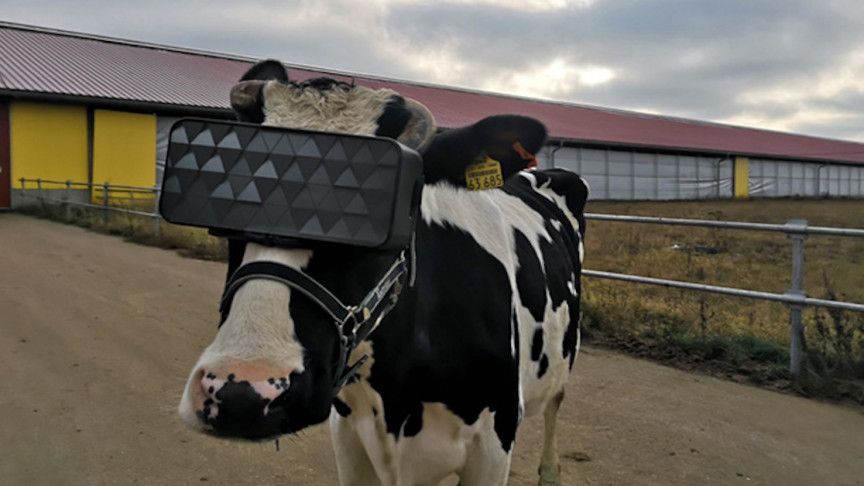

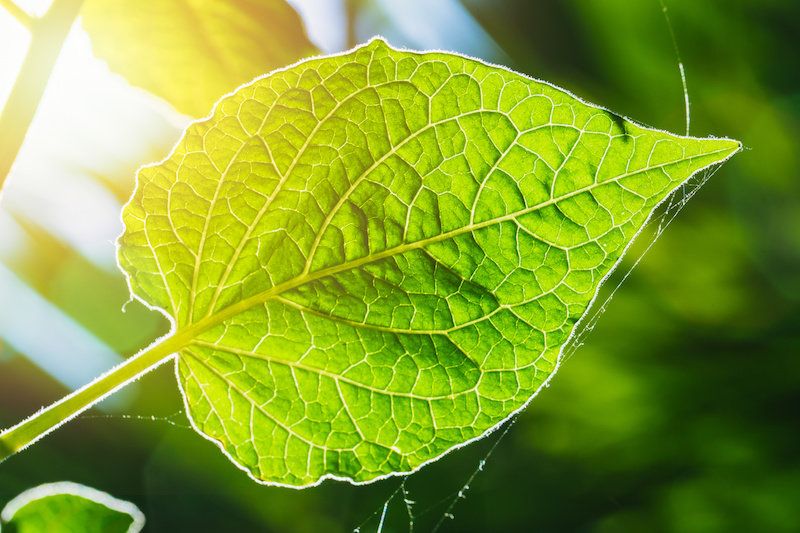
Scientists have solved the structure of one of the key components of photosynthesis, a discovery that could lead to photosynthesis being ‘redesigned’ to achieve higher yields and meet urgent food security needs.
The study, led by the University of Sheffield and published today in the journal Nature, reveals the structure of cytochrome b6f — the protein complex that significantly influences plant growth via photosynthesis.
Photosynthesis is the foundation of life on Earth providing the food, oxygen and energy that sustains the biosphere and human civilisation.
Most clams are happy to make their burrow in a nice, soft bed of sand or mud. Not this mollusc. A recently uncovered relative of the shipworm puts the hard into hardcore, chewing holes into rocks and excreting the debris as sand.
Lithoredo abatanica joins a short list of freshwater animals capable of literally weathering the landscape and creating real estate for other species to hide in, while potentially affecting the course of their river ecosystem.
Only thing is, we don’t really know why it goes to these lengths.
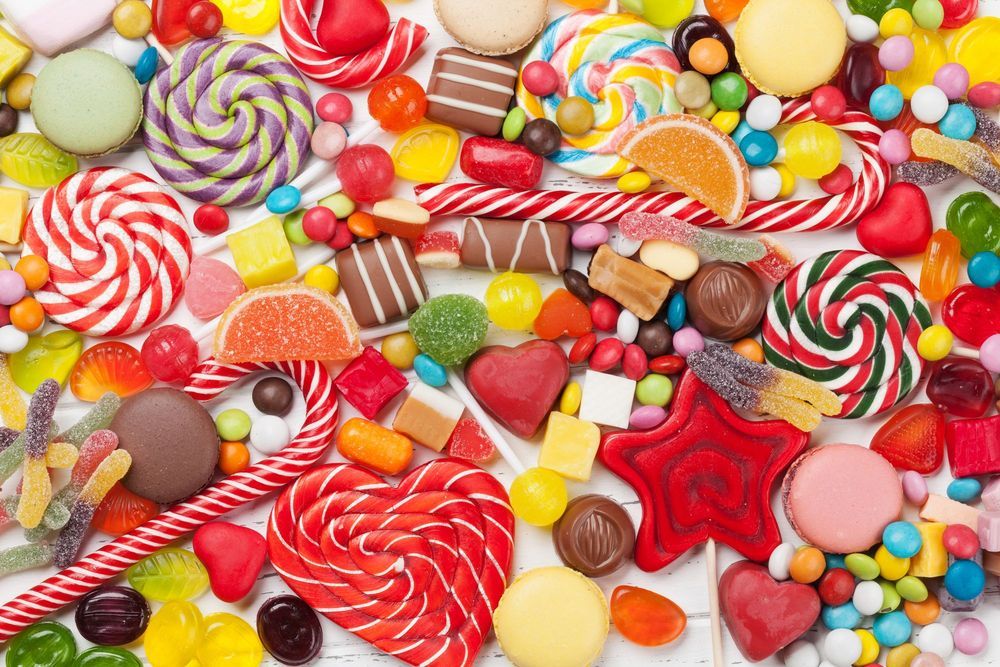
Sugar poses one of the most pressing health problems in the modern world – not least because it’s just so delicious. Rather than quitting sweets cold turkey, low-calorie alternatives to sucrose could make tasty treats that are at least less bad for us. And now, researchers from Tufts University have developed a more efficient method for producing one such sweetener, using farms of bacteria.
The sugar in question is called tagatose, which the FDA says is “generally regarded as safe.” It’s 92 percent as sweet as sucrose – regular old table sugar – but because the human digestive system doesn’t metabolize as much of it, it only has 38 percent of the calories. That, in turn, means tagatose has a much smaller effect on blood glucose and insulin, making it safe for diabetics. And to cap it off, tests show that it doesn’t contribute to cavities or tooth decay.
But, of course, there’s a catch – tagatose is a little complicated to produce. Normally, it’s done by hydrolyzing lactose to make galactose, which is then isomerized into tagatose, which then needs to be purified and crystallized into a solid, usable form. Yields from this process are low, at less than 30 percent.

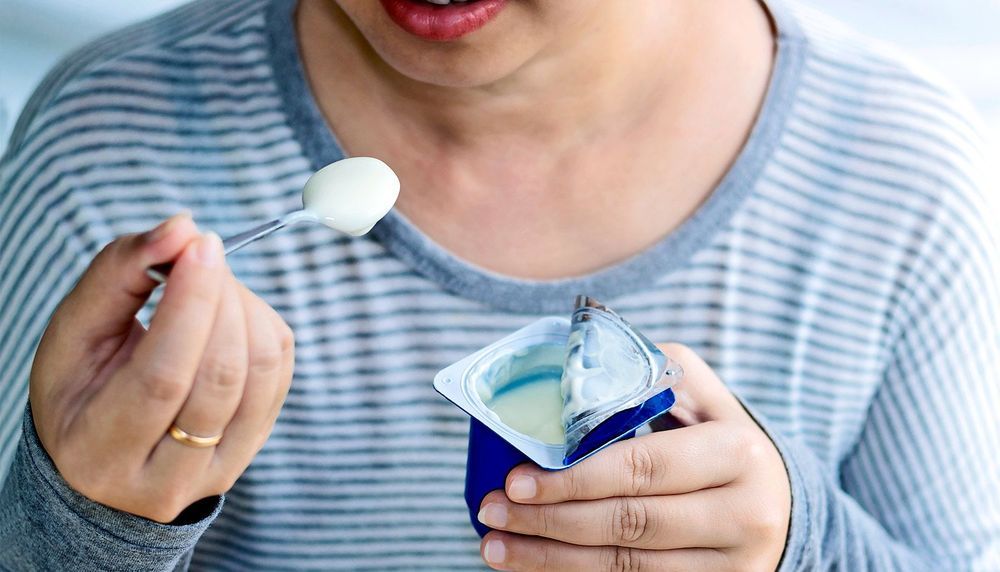
“This inverse association was robust, consistently seen across current, past, and never smokers, as well as men, women, and individuals with different backgrounds,” she adds.
Shu says the health benefits may be rooted in their prebiotic (nondigestible food that promotes growth of beneficial microorganisms in the intestines) and probiotic properties. The properties may independently or synergistically modulate gut microbiota in a beneficial way.
The research appears in JAMA Oncology. Additional coauthors are from Seoul National University and Vanderbilt.
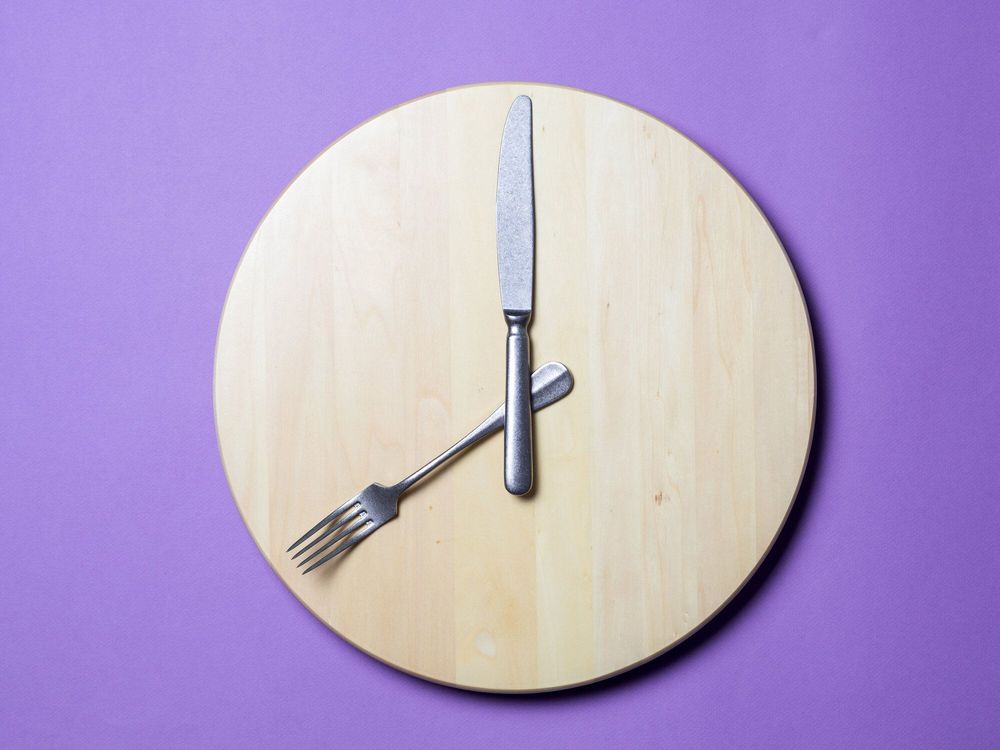
While Intermittent fasting may sound like another dieting craze, the practice of routinely not eating and drinking for short periods of time has shown again to lead to potentially better health outcomes.
In a new study by researchers at the Intermountain Healthcare Heart Institute in Salt Lake City, researchers have found that cardiac catheterization patients who practiced regular intermittent fasting lived longer than patients who don’t. In addition, the study found that patients who practice intermittent fasting are less likely to be diagnosed with heart failure.
“It’s another example of how we’re finding that regularly fasting can lead to better health outcomes and longer lives,” said Benjamin Horne, Ph.D., principal investigator of the study and director of cardiovascular and genetic epidemiology at the Intermountain Healthcare Heart Institute.
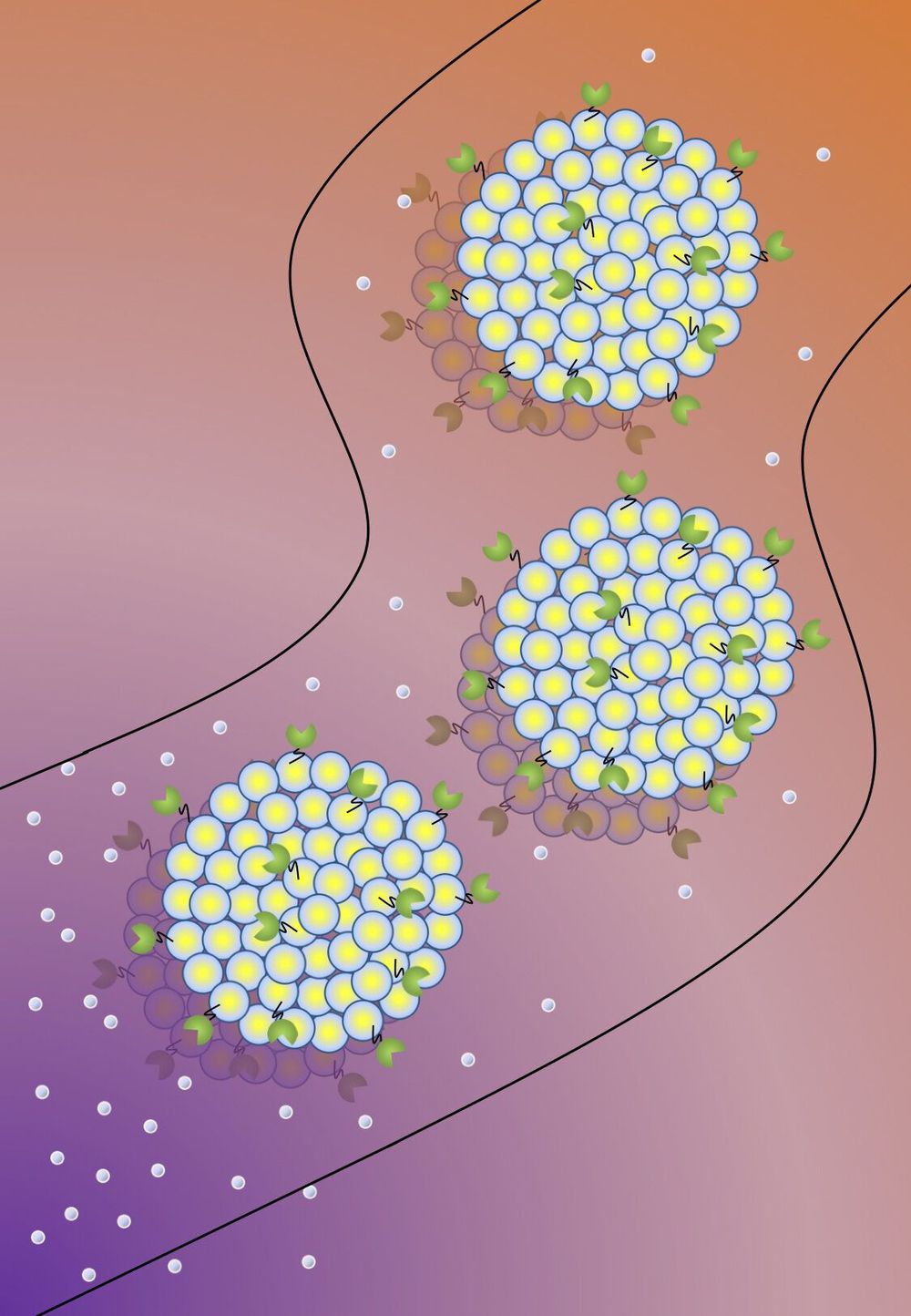
Synthetic protocells can be made to move toward and away from chemical signals, an important step for the development of new drug-delivery systems that could target specific locations in the body. By coating the surface of the protocells with enzymes—proteins that catalyze chemical reactions—a team of researchers at Penn State was able to control the direction of the protocell’s movement in a chemical gradient in a microfluidic device. A paper describing the research appears November 18, 2019 in the journal Nature Nanotechnology.
“The futuristic vision is to have drugs delivered by tiny ‘bots’ that can transport the drug to the specific location where it is needed,” said Ayusman Sen, the Verne M. Willaman Professor of Chemistry at Penn State and the leader of the research team. “Currently, if you take an antibiotic for an infection in your leg, it diffuses throughout your entire body. So, you have to take a higher dose in order to get enough of the antibiotic to your leg where it is needed. If we can control the directional movement of a drug-delivery system, we not only reduce the amount of the drug required but also can increase its speed of delivery.”
One way to address controlling direction is for the drug-delivery system to recognize and move towards specific chemical signals emanating from the infection site, a phenomenon called chemotaxis. Many organisms use chemotaxis as a survival strategy, to find food or escape toxins. Previous work had shown that enzymes undergo chemotactic movement because the reactions they catalyze produce energy that can be harnessed. However, most of that work had focused on positive chemotaxis, movement towards a chemical. Until now, little work had been done looking at negative chemotaxis. “Tunable” chemotaxis—the ability to control movement direction, towards and away from different chemical signals—had never been demonstrated.
View full lesson: http://ed.ted.com/lessons/can-we-eat-to-starve-cancer-william-li
William Li presents a new way to think about treating cancer and other diseases: anti-angiogenesis, preventing the growth of blood vessels that feed a tumor. The crucial first (and best) step: Eating cancer-fighting foods that cut off the supply lines and beat cancer at its own game.
Talk by WIlliam Li.
Maybe interesting for this group too.
Visit http://TED.com to get our entire library of TED Talks, transcripts, translations, personalized Talk recommendations and more.
The danger of artificial intelligence isn’t that it’s going to rebel against us, but that it’s going to do exactly what we ask it to do, says AI researcher Janelle Shane. Sharing the weird, sometimes alarming antics of AI algorithms as they try to solve human problems — like creating new ice cream flavors or recognizing cars on the road — Shane shows why AI doesn’t yet measure up to real brains.
The TED Talks channel features the best talks and performances from the TED Conference, where the world’s leading thinkers and doers give the talk of their lives in 18 minutes (or less). Look for talks on Technology, Entertainment and Design — plus science, business, global issues, the arts and more. You’re welcome to link to or embed these videos, forward them to others and share these ideas with people you know. For more information on using TED for commercial purposes (e.g. employee learning, in a film or online course), submit a Media Request here: http://media-requests.TED.com
Follow TED on Twitter: http://twitter.com/TEDTalks
Like TED on Facebook: http://facebook.com/TED